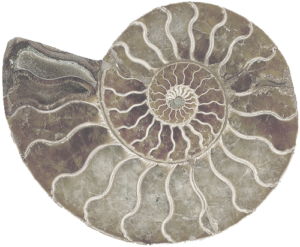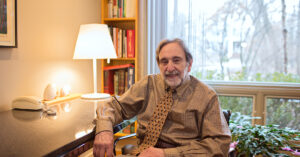
Nautilos Consulting
To be human is to know pain, but that pain need not be navigated alone. Whether you’re an individual who suffers quietly, a couple in serious conflict, or a family business in dysfunction, I’m here to help.
What I Do
 My name is Allen Siegel. I’m a physician and a psychoanalyst. I help individuals, couples, and family businesses find relief from their pain.
My name is Allen Siegel. I’m a physician and a psychoanalyst. I help individuals, couples, and family businesses find relief from their pain.
For individuals, this pain might deal with shaky self-esteem, troubled relationships, inhibitions in performing and working, feelings of sadness, depression and aloneness.
The pain for couples usually comes from communication limitations that I identify and help them improve. Sometimes couples are sadly mismatched. In that situation I help them recognize their mismatch and, if they wish to stay together, help them find ways to live with their differences. When the pain of their differences is too much, and one or both partners want to part, I help them do that too.
For family businesses, I identify the complex, longstanding familial relationships, conflicts and resentments that interfere with the healthy functioning of the business. Working together with the key players, we untie the business-impacting emotional knots these configurations create.
 How I Think
How I Think
I’ve chosen the shell of the Chambered Nautilus as an expression of how I think. This 500 million year-old cephalopod, the oldest living creature on earth, carries forward hidden, yet astonishingly beautiful, mother-of-pearl structures as it moves through its life.
So it is with people.
Ancient fossilized templates, created by the complex mix of that with which we were born and the environment into which we came, create those forever influencing segments of our selves that we, too, silently carry forward across the arc of our lives.
To know this reality is to honor our past.
To know this past is to acknowledge its presence in our lives today.
To honor and acknowledge our past, in these ways, enables us to change—or to recreate—what was to have been our future.
This is how I think.
“In the world of psychoanalysis, theory is personal. Psychoanalysts, it seems to me, are often propelled toward their theories more by deeply personal influences than by a theory’s explanatory power. How else can we explain how supposedly rational scientists, studying the complex emotional states of humankind, come to such wildly differing views of human motivation?
My own journey into psychoanalytic theory, for example, has been one of unexpected turns and of chance encounters. Rational choice has, at times, lit the way but irrational motivation, too, has been part of my path. Sometimes, we find our theory but other times, it is our theory that finds us.”
“Narcissism, from a psychoanalytic perspective, is not on the rise as publically considered. It’s the same as it’s always been across the millennia. Two scholars, one a 20th Century psychoanalyst, the other a 16th Century Kabbalistic rabbi, share a broad and deep understanding of this aspect of the human condition.”
“Oftentimes, family firms look in the wrong direction for the help they need. They’re understandably accustomed to turning to their known advisers—their lawyers, accountants and planners. To be sure, there are a handful of deeply informed advisers who rely on their finely tuned intuition to improve the tangled communication that has a negative impact on a faltering family business…
…Eventually though, family business advisers turn to me, The Family Business Doctor, when they realize their earlier attempts at relief haven’t worked. They turn to me because, in addition to my focus on effective communication within the family, my unique approach is informed by ideas from contemporary psychoanalytic thinking.”
[Read more in Allen Siegel’s paper, “When Family Business Hurts, Call a Doctor.”]

